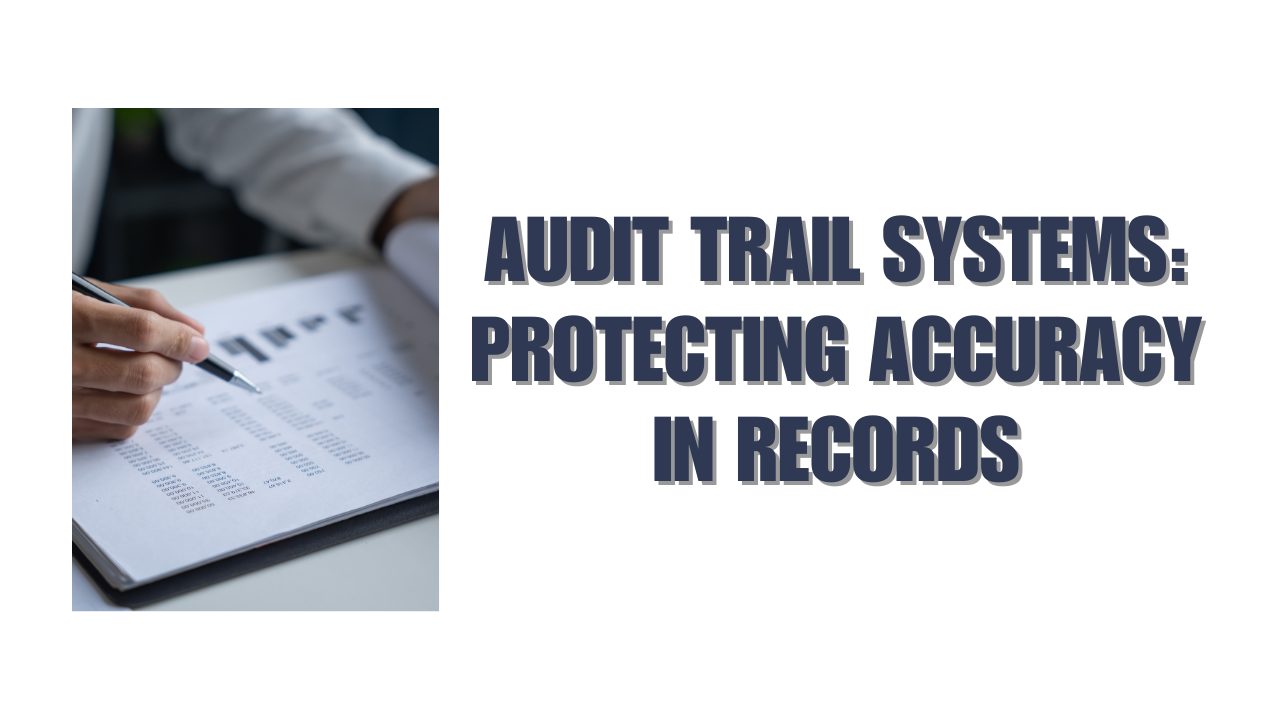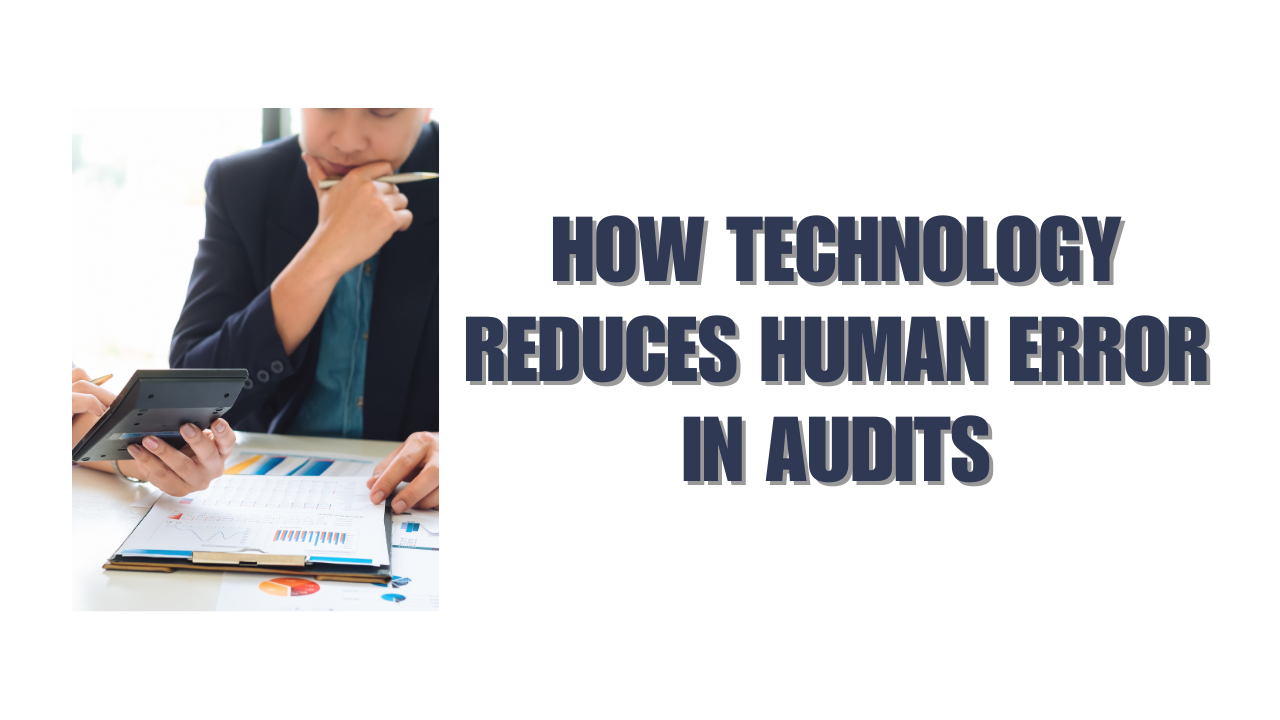In New Zealand’s evolving business landscape, maintaining compliance and operational efficiency is crucial. This is where internal audit NZ plays a vital role. By assessing risks, strengthening internal controls, and ensuring regulatory adherence, internal audits help businesses safeguard their financial integrity.
Unlike external audits that focus on financial statements, internal audits provide ongoing evaluations of an organization’s internal processes, governance, and risk management. With increasing regulatory scrutiny and cybersecurity threats, businesses must integrate a strong internal audit NZ function to navigate complexities effectively.
This article delves into the importance of internal audits, their benefits, and how businesses can select the right audit firm to ensure compliance and operational success.
What is Internal Audit?
Internal audit is an independent, objective assurance and consulting activity designed to improve an organization’s operations. It identifies risks, strengthens internal controls, and enhances corporate governance.
Internal auditors review financial systems, operational procedures, and compliance frameworks to pinpoint areas of improvement. They collaborate with management to ensure accurate financial reporting, mitigate fraud risks, and streamline processes.
Key Functions of Internal Audit in New Zealand
| Function | Description | |
|---|---|---|
| Risk Assessment | Identifying and mitigating financial, operational, and compliance risks to prevent business losses | |
| Regulatory Compliance | Ensuring adherence to New Zealand’s business and financial regulations, reducing legal exposure | |
| Fraud Prevention |
|
|
| Operational Efficiency | Analyzing business processes to eliminate inefficiencies, improve workflows, and reduce operational costs | |
| IT and Cybersecurity Audits | Evaluating the security of digital assets, network security, and internal IT systems to prevent data breaches and cyber threats. | |
| Corporate Governance | Strengthening policies and procedures for ethical business operations and better decision-making at the executive level. |
Why Internal Audits Are Essential for New Zealand Businesses
1. Strengthening Risk Management
Risk management is a key component of business sustainability. Internal audits identify financial, operational, and cybersecurity risks before they escalate into costly problems. By implementing the recommended risk mitigation strategies, businesses can ensure long-term stability and profitability.
2. Ensuring Regulatory Compliance
New Zealand businesses must comply with financial, tax, and industry-specific regulations. Non-compliance can result in hefty fines, reputational damage, and operational disruptions. A well-structured internal audit NZ process ensures adherence to compliance requirements and timely adjustments to regulatory changes.
3. Improving Financial Accuracy
Errors in financial reporting can lead to significant consequences, including financial losses and legal penalties. Internal audits provide an extra layer of assurance by verifying the accuracy of financial statements, ensuring proper accounting practices, and minimizing discrepancies.
4. Enhancing Internal Controls
Internal control systems safeguard a company’s assets, ensure data accuracy, and prevent fraud. Internal audits evaluate existing control mechanisms and recommend enhancements to strengthen security and reduce financial risks.
5. Boosting Investor and Stakeholder Confidence
Investors and stakeholders need assurance that a business is financially stable and well-governed. Internal audits signal transparency, accountability, and proactive risk management, increasing investor trust and making the business more attractive for potential partnerships and investments.
How to Choose an Internal Audit Firm in New Zealand
1. Industry Experience and Expertise
Every industry has unique risk factors and regulatory requirements. When selecting an internal audit firm, businesses should look for firms with experience in their specific sector, whether it be finance, healthcare, retail, or technology. Industry expertise ensures that the auditors understand sector-specific compliance requirements and risk management strategies.
2. Certifications and Qualifications
A reputable internal audit firm should have auditors with recognized certifications. Some of the key certifications include:
- Certified Internal Auditor (CIA) – A globally recognized certification for internal auditors.
- Chartered Accountant (CA) – Professional accountants with expertise in financial reporting and compliance.
- Certified Public Accountant (CPA) – Experts in financial statement audits and risk assessments.
- Certified Information Systems Auditor (CISA) – Specialists in IT security audits and cybersecurity risk management.
3. Reputation and Track Record
The credibility of an internal audit firm can be determined by its reputation and past client experiences. Businesses should:
- Check client reviews and testimonials.
- Request references from similar businesses.
- Evaluate the firm’s track record in delivering high-quality audit reports and recommendations.
4. Service Offerings
A comprehensive internal audit firm should offer a wide range of services to cater to different business needs, such as:
- Risk management audits – Assessing financial and operational risks.
- Fraud detection and prevention – Identifying vulnerabilities in financial reporting.
- IT security assessments – Evaluating cybersecurity and data protection measures.
- Compliance and governance audits – Ensuring adherence to industry regulations.
- Financial and operational audits – Reviewing financial health and operational effectiveness.
5. Remote Auditing Capabilities
As businesses transition towards digital operations, remote audits have become increasingly popular. Remote internal audits allow businesses to receive expert auditing services without the need for physical office visits. Companies should look for firms offering:
- Secure cloud-based data sharing.
- Virtual audit meetings and assessments.
- Digital compliance tracking tools.
Why Choose Aurora Financials for Internal Audits in New Zealand?
Aurora Financials is a leading provider of internal audit services in New Zealand, helping businesses maintain financial integrity and regulatory compliance. Our firm specializes in:
- Comprehensive regulatory compliance audits – Ensuring adherence to New Zealand’s financial laws and standards.
- Advanced fraud detection and internal control assessments – Strengthening business security and reducing financial risks.
- Operational and process improvement audits – Enhancing efficiency and reducing waste in business operations.
- Remote auditing solutions – Offering digital and cloud-based audit services to businesses across New Zealand.
Conclusion
A well-structured internal audit NZ function is vital for businesses to manage risks, improve financial transparency, and ensure compliance with regulations. Choosing the right internal audit firm allows companies to identify weaknesses, enhance internal controls, and boost investor confidence.
Aurora Financials provides expert internal audit services, offering businesses the insights they need to remain compliant and competitive. With our industry expertise and remote-friendly auditing solutions, we help businesses navigate complex financial landscapes with confidence.
FAQs
1. Are internal audits mandatory for businesses in New Zealand?
Internal audits are not legally required for all businesses, but they are highly recommended for companies looking to improve financial integrity, risk management, and regulatory compliance.
2. How often should a business conduct internal audits?
The frequency of internal audits depends on the business size, industry regulations, and risk factors. Many organizations conduct internal audits annually, while high-risk industries may require quarterly audits.
3. Can internal audits prevent fraud?
Yes, internal audits help identify weaknesses in financial reporting and internal controls, making it easier to detect and prevent fraud before it causes significant damage.
4. How much do internal audit services cost in New Zealand?
The cost of internal audit services varies based on business size, complexity, and the scope of the audit. Businesses should compare quotes from different audit firms to find the best value for their needs.






